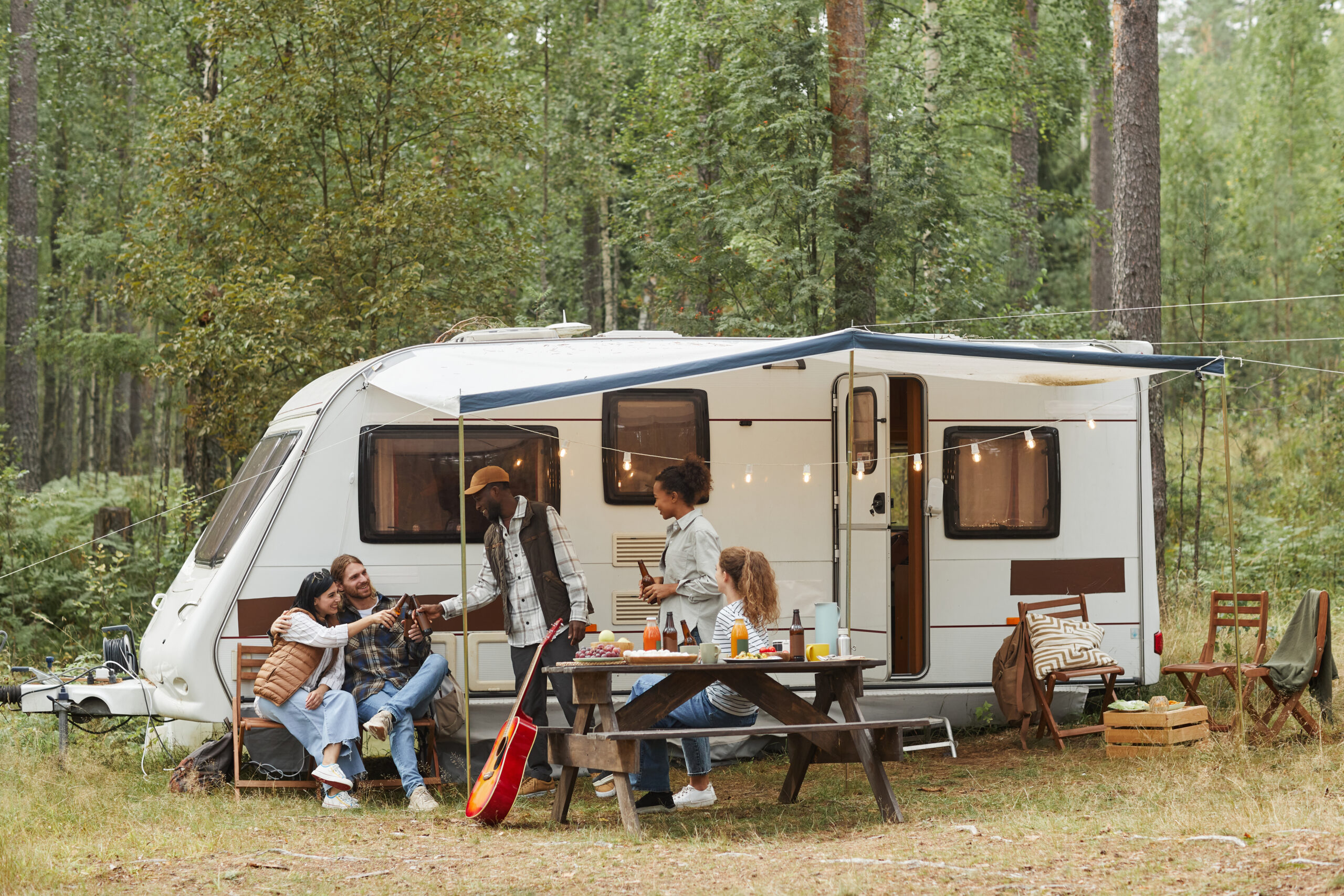Fire safety tips
Updated June 28, 2024 | Published July 14, 2022
-
Categories:
- For Homeowners
- Safety at Home
- Summer

According to The Insurance Information Institute, a home fire is reported every 89 seconds. During the summer, this includes many outdoor fires as well. Residential properties are the second leading type of location for outdoor fires. Here at WebFirst Insurance, we want to ensure that you are as protected as possible against accidents like outside fires.
Focus on fire prevention
Make safe outdoor cooking a priority
From 2014-2018, grills, hibachis, or barbecues were involved in an average of 10,600 home fires per year. With 61% of households owning a gas grill, safe outdoor cooking becomes more and more important each year. Steps you can take to prevent outdoor cooking fires include:
- Move the grill away from flammable outdoor items, including siding and the deck.
- Maintain a safe distance of 3 feet or more if you’re not the one cooking. This is especially true for children.
- Don’t leave the grill running if you have to step away.
- Keep your grill clean so leftover grease and fat won’t catch on fire.
Use fire pits safely
Fire pits account for 3,000 home fires in the United States. If you’re planning to use a fire pit:
- Place your fire pit at least 3 feet away from your house and any other flammable objects.
- Keep children away from the fire pit when it’s in use.
- Utilize a metal screen to keep sparks from flying everywhere.
- Turn off or put out fires before you leave the backyard and dispose ashes from a wood-burning fire pit in a metal container.
- Keep matches and lighters away from children.
Leave fireworks to the professionals
According to the National Fire Protection Association, fireworks account for 19,000 fires annually. In Massachusetts, firework use is illegal for everyone except licensed professionals. Instead, stay safe – and out of legal trouble – by attending a sanctioned public display.
What to do in case of a fire
Secure the scene
Make sure the fire is put out before moving onto anything else. If the fire becomes uncontrollable, call the fire department.
Inspect your entire property for damage
Though fires can be contained, soot and smoke can spread quickly. Make sure to inspect your entire property for damage.
Contact your insurer and start the claim
For a full guide on how to file a Home Insurance Claim, visit our article.
Consider hiring a public adjuster
A public adjuster can ensure a smoother claims process. They’ll work on your behalf to assess the damage to your home.
Keep receipts and document everything
That way if something seems out of place, you have record of everything that’s happened to fall back as proof.
Make sure you’re covered
Most homeowner’s policies come with some sort of fire protection, but homeowners can also purchase more protection as an add-on. Purchasing additional fire insurance coverage can help cover the costs of replacement, repair, or reconstruction of your property. Fire insurance covers the policyholder against fire loss or damage from a number of sources. These include fires brought about by electricity, as well as those caused by lightning and natural disasters. Along with property damage, fire insurance can also If you have a mortgage on your house, there’s a chance that your bank won’t advance your loan if you aren’t protected by fire insurance.
Most policies provide coverage regardless of where the fire originates from on your property. What determines the limit of your coverage is the cause of the fire. If the home is considered a total loss, the insurance company may reimburse for the home’s market value before the fire. For lost possessions, the insurance company will often provide a market-value compensation.
Here are a few tips when considering fire insurance:
- Check your home’s value each year. This will determine whether there is a need to increase the coverage amount. A policyholder cannot get insurance for more than a home’s actual value.
- Consider the amount of fire insurance coverage that you are purchasing. Make sure that it is enough for at least the essentials. Remember, an insurance company is not limited by the extent of damage or loss sustained by the property owner. Rather, they are limited in liability by the policy value.
- Document the property and its contents to simplify the assessment. Fire insurance policies will cover not only loss of property, and costs while your property is uninhabitable, but it also covers damage to personal property and nearby structures. Therefore, something may be eligible for reimbursement that you may not think actually is.
- Fire insurance policies will typically include additional coverage against smoke and water. This additional coverage is effective for one year. It is renewable by the homeowner, under the same terms as the original policy.
